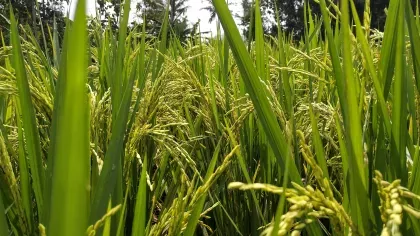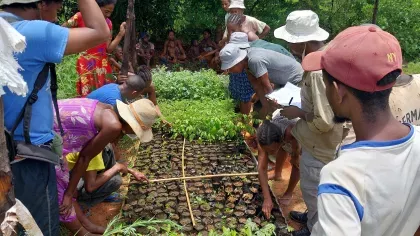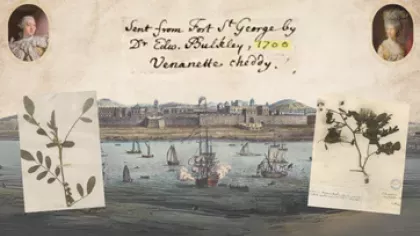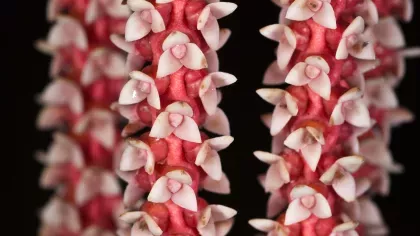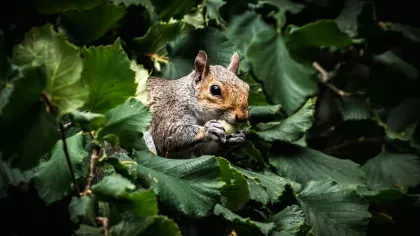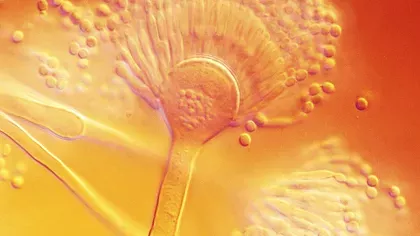21 May 2018
Kew and the Convention on Biological Diversity
The 2018 International Day for Biological Diversity celebrates 25 years of Action for Biodiversity since the UN Convention on Biological Diversity (CBD) came into force in 1993. What part has Kew played?

The Convention on Biological Diversity
At Kew, the three objectives of the CBD – the conservation of biological diversity, the sustainable use of its components and the fair and equitable sharing of benefits – have framed much of our work, and in turn, Kew has been crucial in supporting UK implementation.
Conservation of biological diversity
Conservation of biological diversity is at the heart of Kew’s work, from our world leading science collections of over 8.5 million items, to our mission of documenting and understanding global plant and fungal diversity. This enables us to focus on the active collection of data on priority useful plants (crops and their wild relatives, plants vital for food security, livelihoods and human health), and gives us the tools to work with our international partners to develop projects that address their own national conservation priorities.
In Madagascar, the Itremo Massif project helped to designate areas of threatened biodiversity-rich grassland to support national conservation decisions, and in Angola Kew’s role in the Protected Areas Expansion Strategy helped to identify key areas and document the plants growing there. Kew’s involvement in the 'Adapting Agriculture to Climate Change' project focuses on collecting and conserving seeds from the wild relatives of key crops to allow their natural resilience to crop pests and climate change be bred in to our major food crops. At home the MSB UK Programme aims to collect samples of nationally important plants and trees, and make them available for use in species re-introduction and habitat restoration projects.
Sustainable use of the components of biological diversity
The CBD was the first international convention to recognise the interlinked relationship between people and their environment and the importance of encouraging the sustainable use of the components of biological diversity. Kew has worked on projects focused on agroforestry – encouraging the production of honey through the Forest Futures project in Bolivia and developing a model for sustainable agroindustry in Peru. In Madagascar Kew scientists are working with communities to conserve edible wild yams threatened by habitat loss and over-exploitation. Through cultivation, communities can enhance household income and nutrition. And in Zambia we are working with women in the edible wild orchid trade to both support their livelihoods and ensure the trade is sustainable.
Fair and equitable sharing of benefits
Central to the CBD is the creation of an incentive mechanism for countries to conserve and sustainably use their biodiversity. Therefore, the third objective of the Convention is that there should be ‘fair and equitable sharing of benefits’ in return for the utilisation (commercial or otherwise) of genetic resources. Kew is currently working with more than 400 partners in over 100 countries, and in each case our relationship is governed by a carefully crafted agreement that ensures scientific benefits are shared from the collection, study and conservation of biological diversity. Looking across the range of Kew’s work this could be joint publications such as the recent Coffee Atlas of Ethiopia, training opportunities such as a place on our MSc course, and training and capacity building to support the Colombia Bio Programme, a country home to one in ten of the world’s known species.
What’s next?
Next up world leaders will be meeting in Egypt in November 2018 to set out a framework for the post 2020 global biodiversity agenda. With biodiversity loss happening at an ever-increasing rate it is vital that we find the best evidence-based solutions to address these challenges – and Kew’s work here is crucial. We need to work together with our international partners and stakeholders. As David Attenborough said at the end of the Blue Planet II series: “The future of all life now depends on us.”
